Search
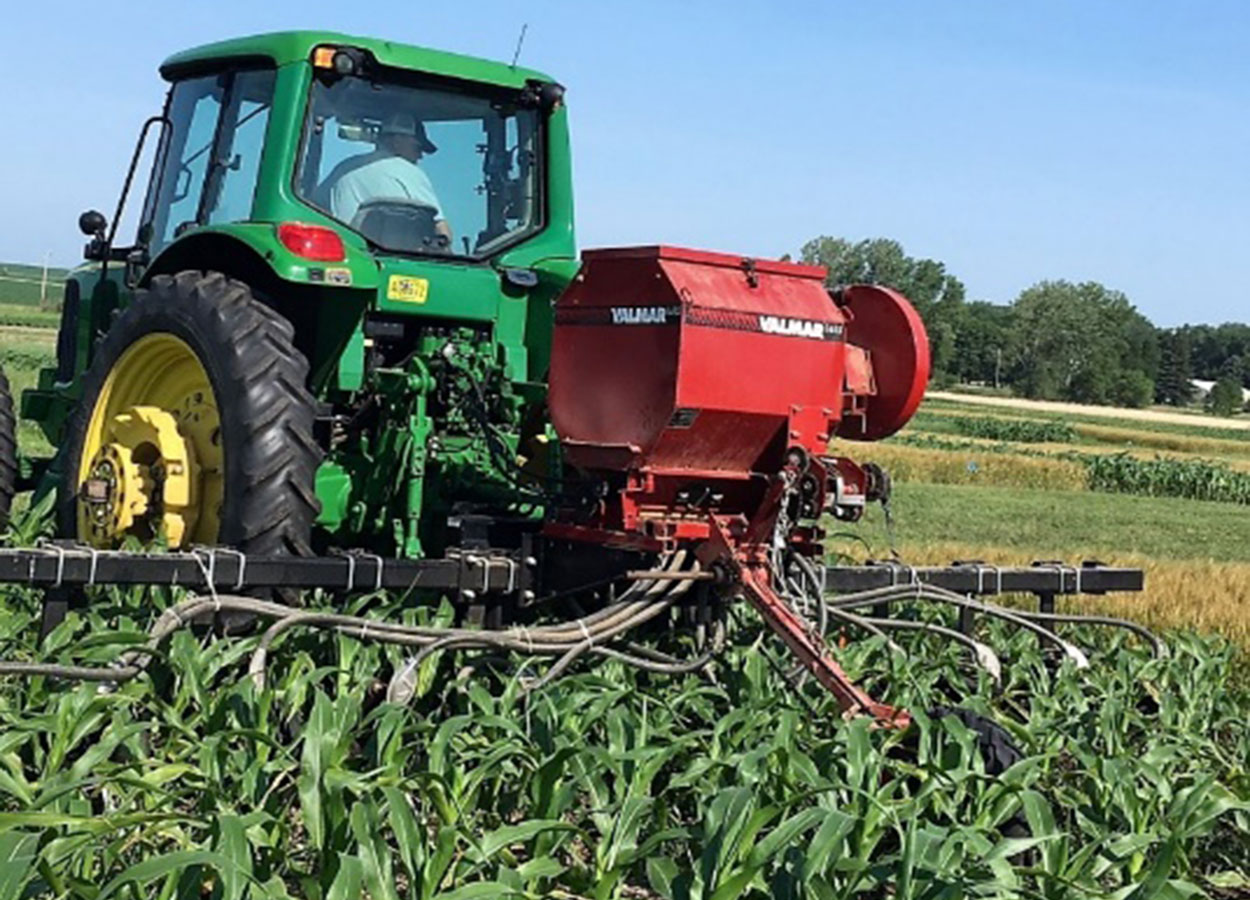
Interseeding Cover Crops Effect on Corn and Soybean Production: 2019
Incorporating cover crops into our cropping systems and moving from conventional tillage to no-till can improve soil organic matter, soil structure, and water and nutrient holding capacity of our soils.
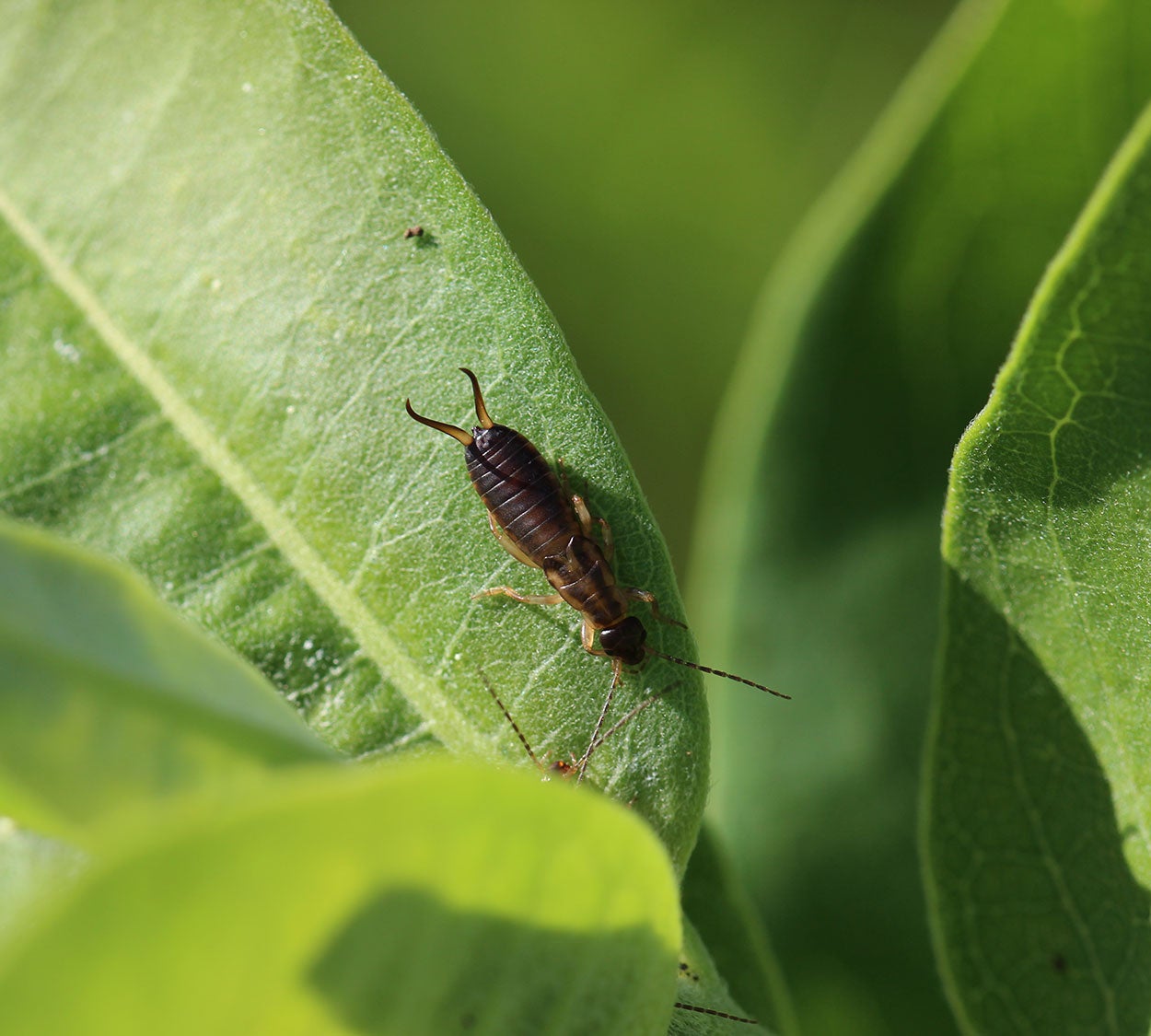
Earwigs Are Active
Although earwigs typically prefer wet conditions, quite a few have been observed so far this year. It’s important to remember that watering lawns or potted plants around the house provides ideal earwig habitat.
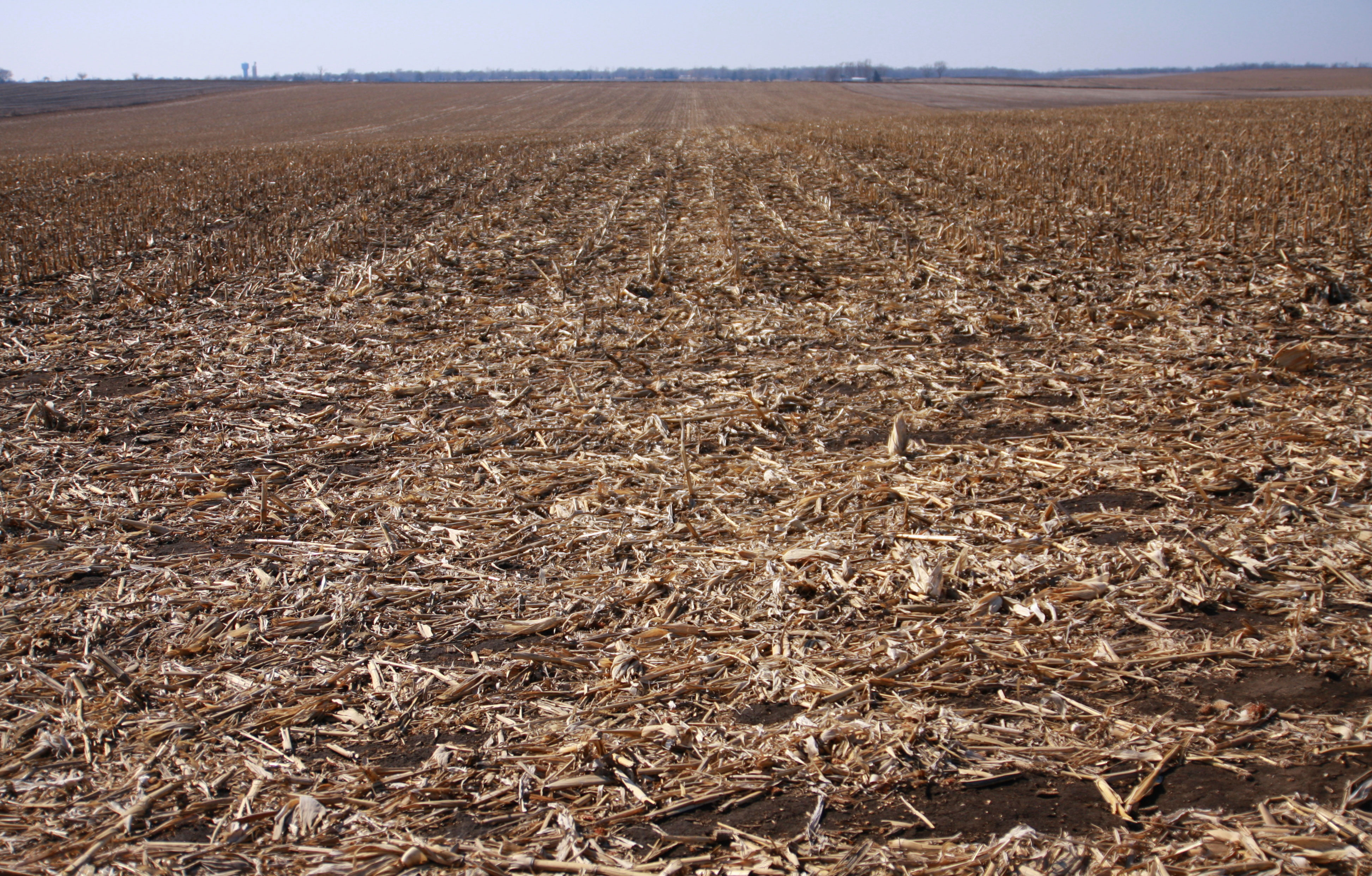
Planting Considerations and Resources for 2019
As May approaches, many farmers are preparing for row crop planting. In areas where flood waters have receded and soils are dry enough to begin field operations, farmers will likely be out in full swing soon.

Ag Business
Modern agriculture requires savvy financial planning and strategy.
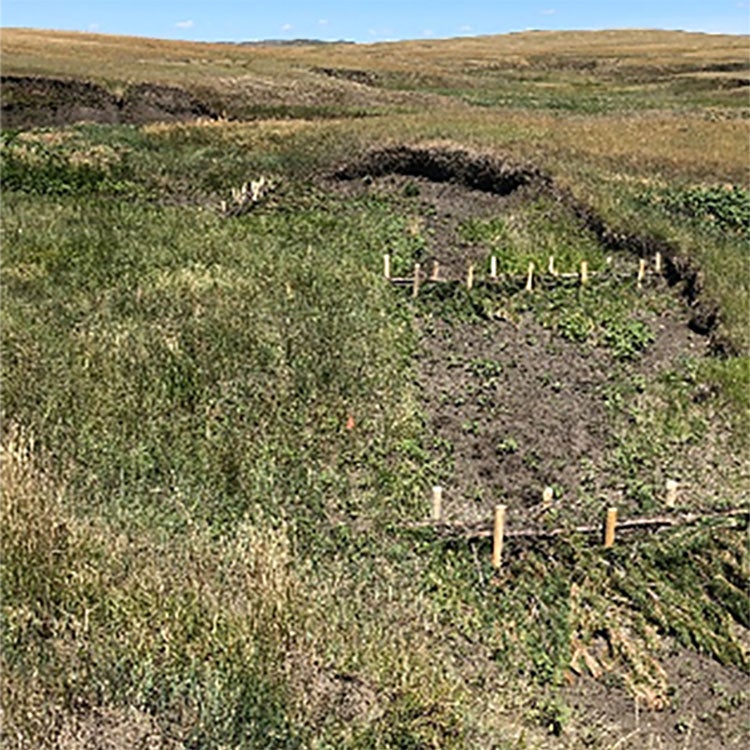
Range Roundup: Riparian Health Project Started in Western South Dakota
Over the last five years, federal, state, NGO and university partners and producers in Northwest S.D. were involved in a needs assessment that identified riparian health as an area of significant concern across Western S.D.

Managing Flooded Alfalfa
As floodwaters rise again in parts of South Dakota, spring planting seems to feel further and further away. One crop that is often overlooked in the hustle and bustle of the approaching planting season is alfalfa.
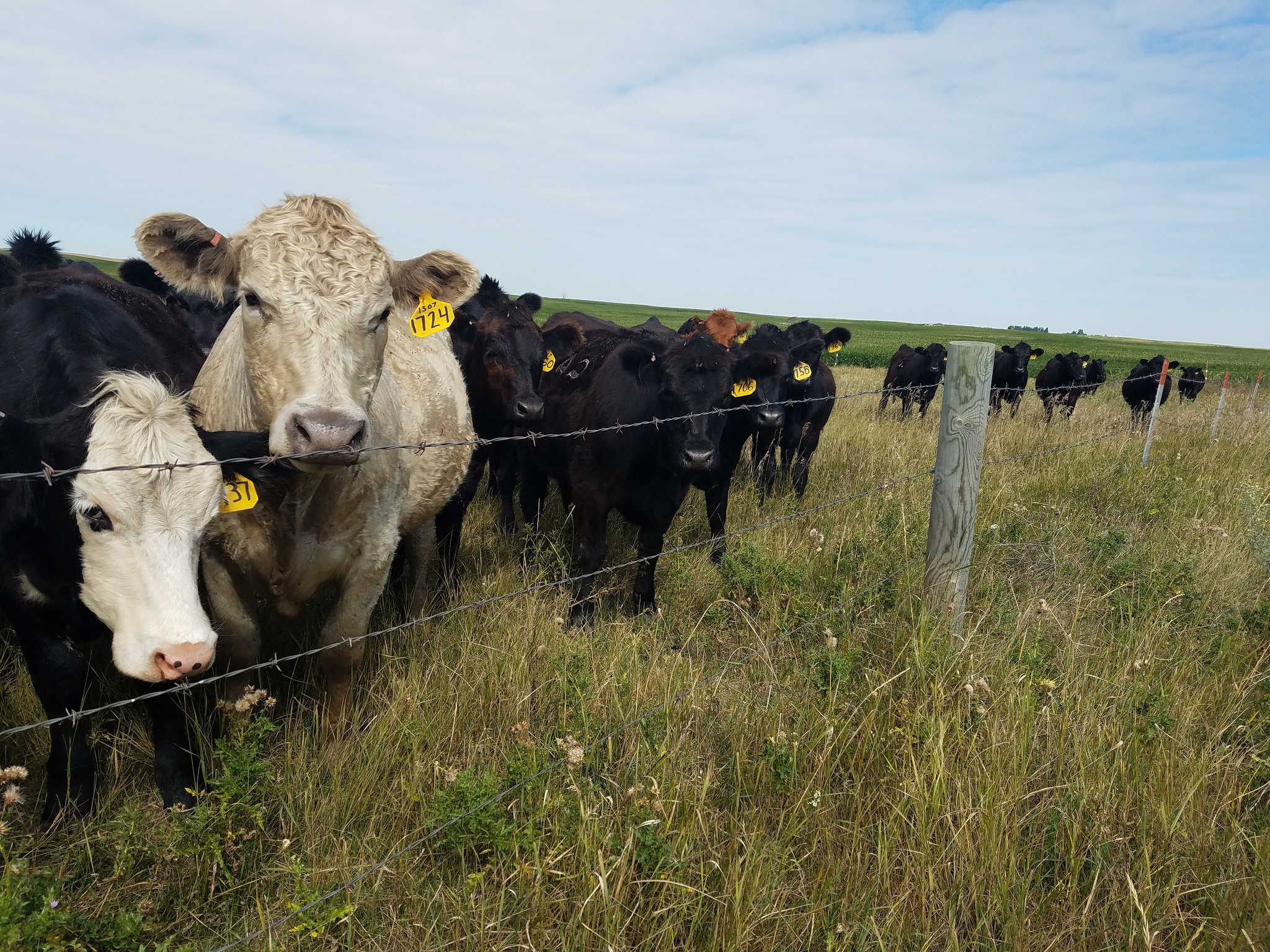
Cows Eat Weeds
By utilizing grazing as a means of cultural control, producers have the potential to decrease input expenses while reaping the benefits of inexpensive weed control through animal nutrition.
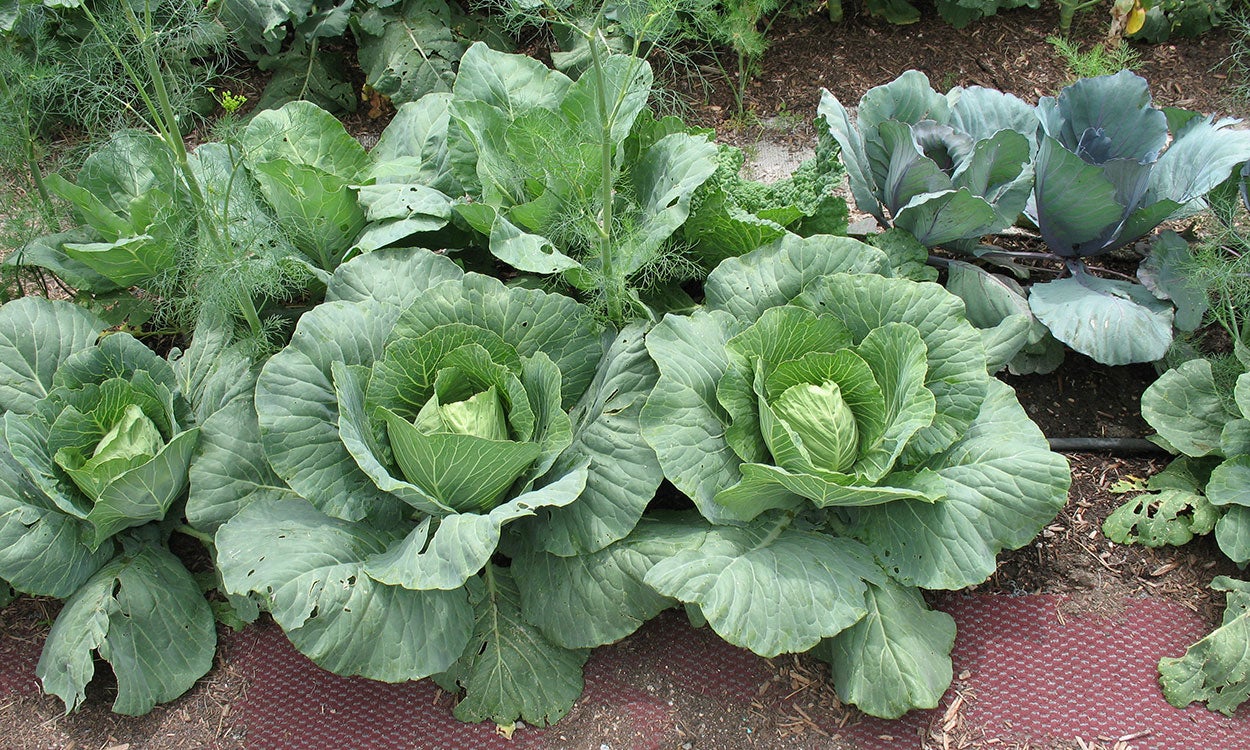
Cabbage: How to Grow It
Cabbages are cool-season crops, very closely related to broccoli, cauliflower, kale, kohlrabi and brussels sprouts.

SDSU Extension to Co-Host Mineral Nutrition for the Beef Cow Herd Educational Series
May 04, 2022
SDSU Extension will host a webinar series on mineral nutrition for the beef cow herd on May 17, 19, 24, 26, and 31 from 6-7:30 p.m. MT (7-8:30 p.m. CDT).
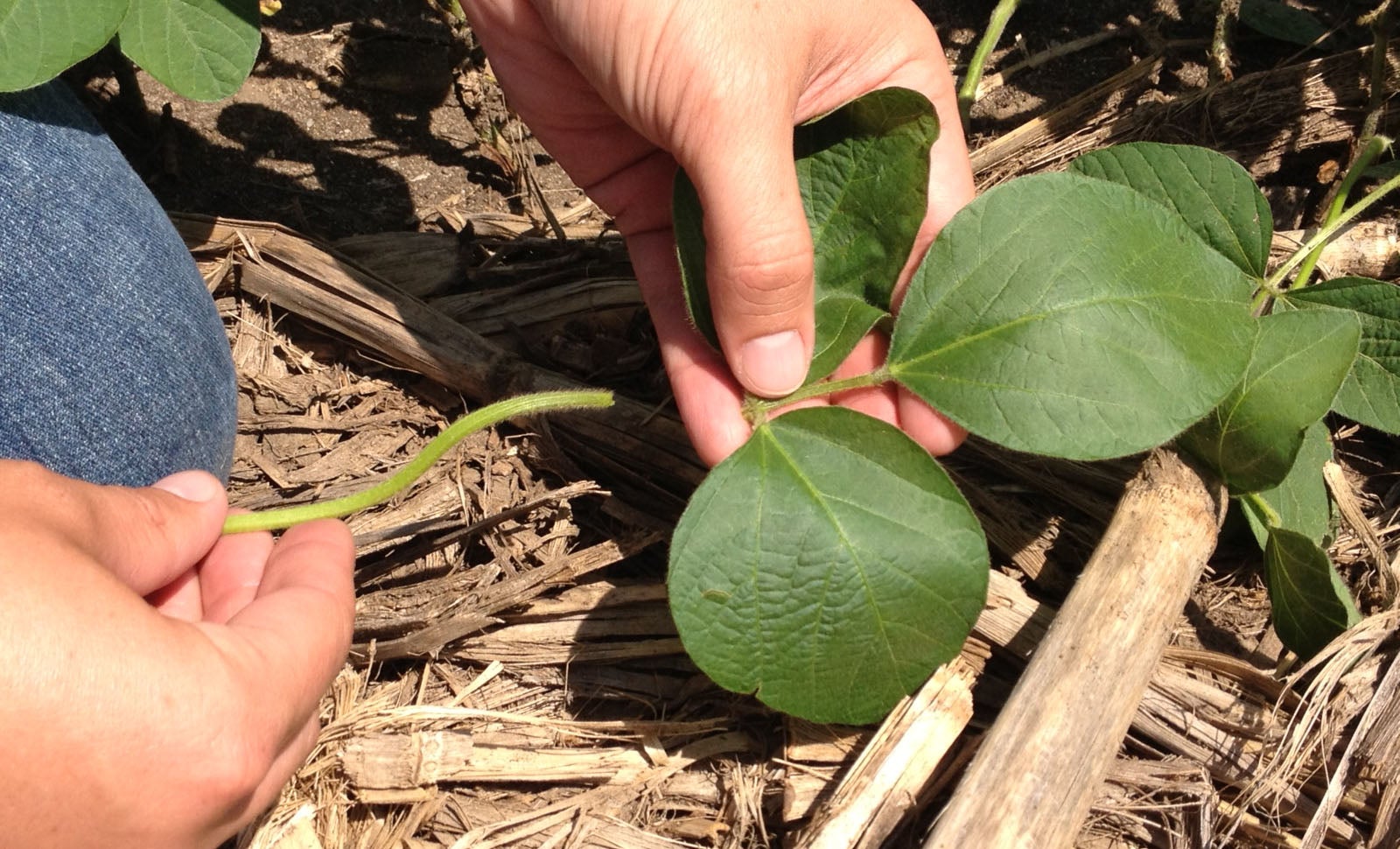
Plant Nutrient Analysis: Do your soybeans have the right stuff?
There has been a renewed interest in taking samples of soybean leaves for nutrient analysis as a quality control tool to ensure soil and the fertilizer programs are meeting the needs of the plant to eliminate nutrients as a yield limiting factor.